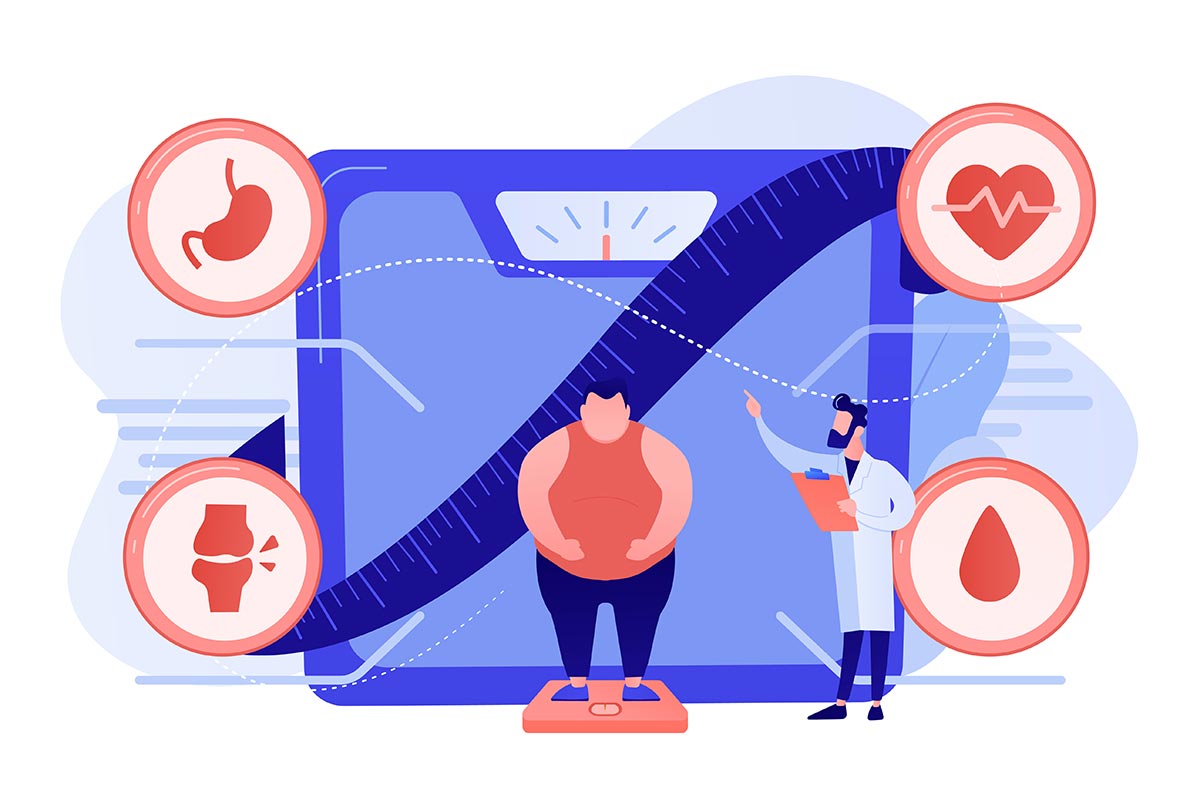
What You Should Know About Constipation
What You Should Know About Constipation
Constipation, a common functional gastrointestinal condition, has become a source of concern for many individuals around the world, disproportionately affecting the elderly. However, in most cases, it is a minor ailment that can be adequately managed with simple treatment by regulating symptoms at a low cost.
Constipation is characterized by unpleasant or delayed bowel motions. Constipation is diagnosed when a person's bowel movements result in the passage of only little volumes of hard, dry stool, usually less than three times per week.
However, it differs greatly amongst people. Some people have bowel motions multiple times every day, while others have once or twice per week. A bowel movement pattern is distinct and normal for each individual as long as it is consistent and does not alter significantly.
What are the signs and symptoms of constipation?
Constipation symptoms include:
Not having more than three bowel motions each week..
Stools are rough, dry, and/or lumpy..
Stools are hard or uncomfortable to pass..
Cramps or stomach discomfort..
I'm bloated and nauseated..
It appears that not all of the bowels have been emptied after a bowel movement..
What causes constipation?.
Nutrients are normally absorbed as food travels through the digestive tract. The small intestine's partially digested food (waste) passes to the colon, also known as the large intestine. The colon converts this waste into a solid substance called stool, which absorbs water from it. In the case of constipation, food may move excessively slowly through the digestive tract. Because of the extra time given to the colon, the water in the waste may become absorbed. It becomes more difficult to push the feces out when it becomes dry and firm..
What factors contribute to constipation?.
Constipation can be caused by a variety of factors. These are some examples:.
Consuming low-fiber foods..
Inadequate water consumption (dehydration)..
Inadequate physical activity.
Disruptions to your normal routine, such as traveling, eating, or going to bed at a different time..
Consuming an excessive amount of milk or cheese. Stress..
Trying to resist the need to urinate..
What are the causes of constipation?.
Certain variables can increase the likelihood of constipation. These are some examples:.
Age: Older persons often have a slower metabolism, reduced muscle strength in their digestive tract muscles, and a lower level of exercise..
Pregnancy: Due to hormonal changes, a woman is more likely to have constipation. The baby in the womb squishes the intestines, which slows stool movement..
Diet: Constipation can occur when sufficient dietary fibers are not included in the regular diet. Constipation can also be caused by consuming a lot of caffeinated drinks or alcohol..
Certain medications: Constipation is a typical adverse effect of certain medications such as iron supplements, calcium supplements, vitamin D supplements, antacids, nonsteroidal anti-inflammatory drugs (NSAIDs) such as Ibuprofen, antidepressant medications, and so on..
Multiple sclerosis, Parkinson's disease, spinal cord injuries, and the neuromuscular ailment muscular dystrophy are all neurological illnesses that are more prone to cause constipation. These illnesses might make it difficult to relax the muscles in the pelvic floor, making it harder to push stools out..
Cancers of the large and small intestines: Cancers of the large and small intestines cause constipation by narrowing the intestinal lumen. The majority of the time, this is due to blood in the feces..
Constipation-related complications.
Constipation can result in the following disorders:.
Hemorrhoids are a condition in which the veins in the rectum become enlarged and irritated..
An anal fissure is a minor tear in the mucosa, the delicate, moist tissue that lines the anus..
Diverticulitis: As a result of this disorder, small, projecting pouches form in the lining of the digestive tract..
Fecal impaction: An immovable mass of feces can form in the rectum as a result of chronic constipation..
Stress urine incontinence: Constipation increases the need to urinate more frequently and the potential of more bladder leaks because the colon enlarges and exerts greater pressure on the bladder..
Constipation Diagnosis.
Depending on the symptoms, medical history, and overall health, the doctor may or may not request testing..
Blood and urine tests are performed to detect hypothyroidism, diabetes, and anemia. A feces sample is tested for the presence of cancer, inflammation, and infections..
Imaging tests, such as CT scans and MRIs, are used to look for underlying disorders that may be causing constipation..
.Colonoscopy, also known as sigmoidoscopy, is a procedure used to assess the internal status of the colon. Biopsies are also performed to rule out cancer..Defecography: During this procedure, anal and rectal X-rays are collected. It assesses how well the rectal muscles work and how well feces escape the body..
Anorectal Manometry: This is a test that determines the pressures in the anus and rectum and evaluates their function..
Constipation Treatment.
Depending on the severity of the ailment, constipation can be treated in the following ways:.
Self-Management: The majority of mild to moderate constipation can be treated at home. Constipation can be readily cured by making a few lifestyle modifications. These are some examples:.
consuming plenty of water.
Avoiding alcohol, coffee, and other stimulants.
Including high-fiber items in the diet, such as fruits and vegetables, whole grains, and so on..
Prunes, Isabghol, and other natural laxatives (stool softeners)..
Exercise on a daily basis.
Medications: In extreme cases of constipation, the doctor may prescribe
lubiprostone, prucalopride, plecanatide, lactulose, linaclotide, and other medications..
Biofeedback can help with pelvic floor dyssynergia..
The patient will be trained in pelvic muscle synchronization during stool passage..
Surgery: In very rare circumstances, if the colon has a structural malformation or the patient has been diagnosed with cancer, the doctor may recommend surgery..
Certain good behaviors, when developed, can aid in the prevention of constipation. Constipation can be avoided by eating a well-balanced diet rich in fiber-rich foods, drinking 8-ounce glasses of water per day, avoiding too many caffeinated drinks, avoiding alcohol, exercising frequently, not delaying the urge to move the bowels, and so on. Constipation can be caused by underlying problems such as cancer or a malformation in the colon, for example, in which case immediate medical attention should be sought.



0 comments